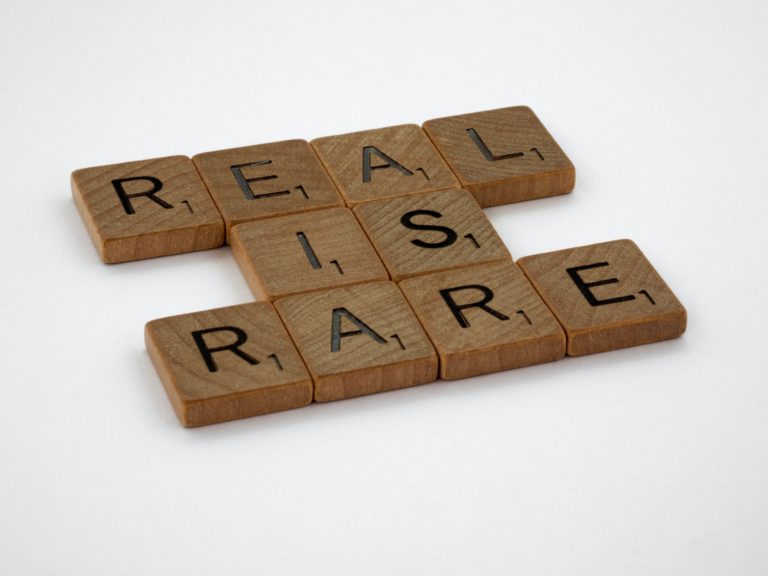The pandemic has disrupted the daily routines of millions of people. Work is slow and tedious. And there’s a higher risk of experiencing. burnout than ever.
Burnout is the emotional, physical, and psychological exhaustion that results from too much stress. It’s a common problem for professionals, especially those in stressful jobs like healthcare. But with proper self-care, you can reverse burnout.
The key to recovery is self-care. Self-care means taking the time to exercise, eat healthy foods, and get enough sleep. Maintaining a work-life balance is also essential.

What practical steps can you take to recover after experiencing burnout? Try these tips:
- Take notes and track your stress levels. The first step to recovery is acknowledging your burnout and taking steps to minimize stress. To track stress levels and identify stress triggers, keep a stress journal.
- Describe any stressful events you might encounter during the day, such as traffic, deadlines, and office politics. If you’re having trouble coping, write down how you feel as well as what’s happening.
- Over time, you’ll be able to understand how stress is affecting you.
- Uncover your stress triggers. When stress starts to take a toll, it can be helpful to understand what causes it. Consider what your life was like before your burnout. Were you always so busy that you couldn’t or wouldn’t take a break?
- Were you under a lot of stress? If so, you may unintentionally be causing stress in your own life. It’s also a good idea to pay attention to situations, people, or scenarios that repeatedly trigger your anxiety.
- When you uncover these triggers, proactively take steps to avoid them.
- Seek professional help. Many people who are experiencing burnout feel shame or embarrassment and don’t understand that appropriate treatment can help.
- Burnout is a treatable condition that you can recover from. A therapist can help you overcome your burnout by teaching you how to manage stress and recognize your triggers.
- Adopt the habit of journaling. A journal is a place to document your thoughts, feelings, and behaviors. Journaling can help you process your problems and recognize patterns. It can also help you understand your triggers and the reason behind your burnout.
- Although it might take a while to develop the habit, journaling can work wonders for your recovery. The way journaling works to help you deal with stress is by helping you understand why you’re feeling stressed.
- This understanding will help you change how you respond to stress in the future.

- Make exercise a regular aspect of your routine. Exercise is a great way to clear your head and relax. Since it can be painful to push yourself while the burnout is still affecting you, ease back into exercise slowly.
- Start with a few minutes of walking or stretching, and gradually work your way up to more exercise as you feel more empowered to take on new challenges.
- It might feel counterintuitive to fight stress with physical activity. But exercise can help you feel energized and relieve stress.
When you’re suffering from burnout, the more you take care of yourself, the better you’ll feel, and the easier it will be to recover.
Also, a change of occupation can help, if possible. If you can’t change careers or quit your job, you may want to consider enlisting the help of a coworker who could help you get through the difficult times. Find someone who is understanding and patient but still firm.
If this doesn’t work or isn’t an option, try seeing a licensed professional counselor, therapist, or social worker. They can help guide you through some challenging situations and help you make it through this tough period in life.




